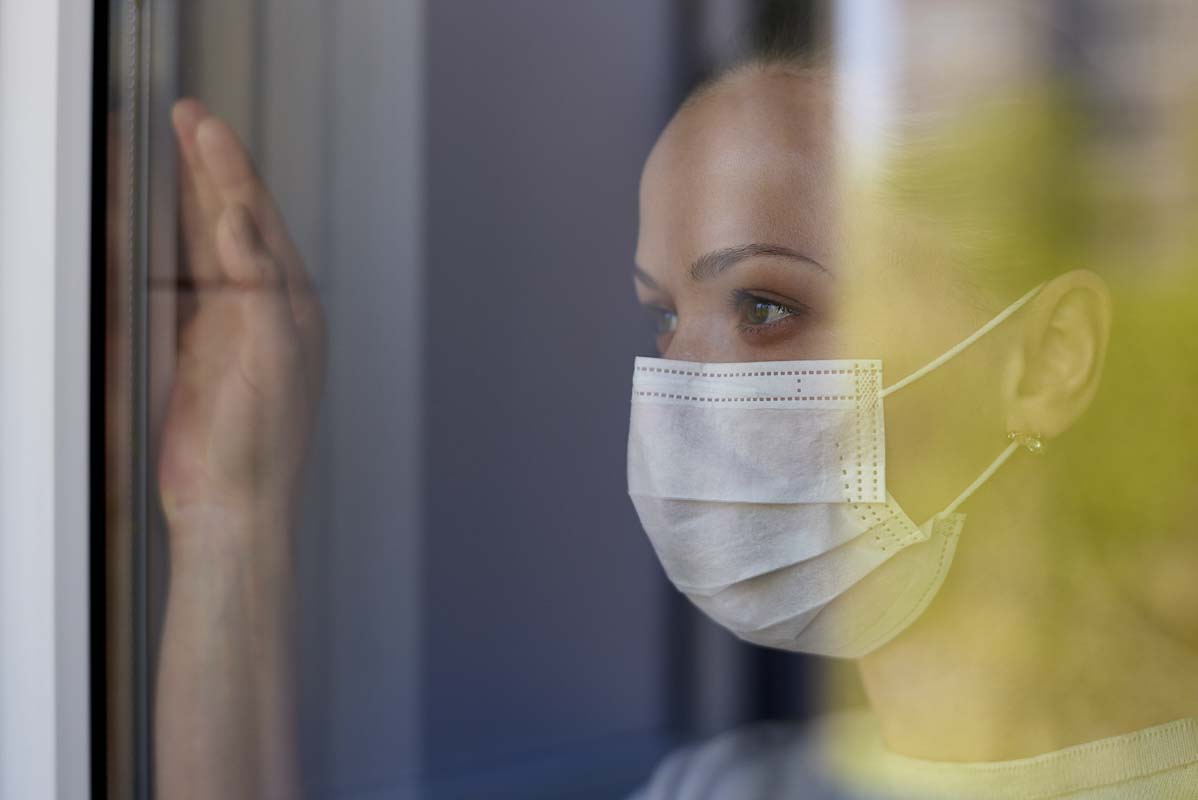Clark County Public Health says no plans to enforce involuntary quarantines
CLARK COUNTY — Is the state of Washington prepared to enforce mandatory quarantines as part of their effort to trace and control the spread of COVID-19?
The answer might depend on where you live but, for the most part, it seems unlikely.

Members of the Clark County Council are expected to approve funding this week to allow the Public Health department to begin hiring case investigators and contact tracers. The $8.1 million project is likely to be funded largely through a combination of state emergency funds, and federal CARES Act money.
The new staff, along with support from the Department of Licensing employees and the Washington National Guard, will make up a statewide force of more than 1,300 people, tasked with reaching out to people who’ve been in contact with a known COVID-19 case, and advising them on quarantining for 14 days.
Which begged the question from many: could the state make that quarantine involuntary?
According to Gov. Jay Inslee’s office, the answer is largely no. Depending.
Mike Faulk, the governor’s deputy communications director and press secretary, notes that there is no isolation or quarantine order in effect from the governor.
“In the absence of that, both local health officers and the state secretary of health have authority to issue isolation and quarantine orders under current law,” Faulk wrote in an email to Clark County Today, referencing WAC 246-100-040 through -060. “It is designed with protections for people’s rights in mind.”

Faulk noted that, at present, the authority to enforce involuntary isolation rests with county health departments, and can only be used as “a last resort” when someone is intentionally putting others at risk.
“Local health officers must first seek voluntary compliance before issuing an order, unless doing so would itself create a risk of serious harm, which may be the case if a large group of people needs to be ordered into isolation or quarantine,” noted Faulk. “Orders may be issued to groups of people, though each has hearing rights individually.”
Health departments would need to seek a court order for any involuntary isolation lasting longer than 10 days, and is legally required to provide every isolated or quarantined person with regular health monitoring and adequate food, clothing, shelter, means of communication, medication, and medical care.
To date, Clark County Public Health officials have said they have no intention of enforcing involuntary isolation, or doing any kind of in-person checks on people who have been advised to quarantine. Tracers will be responsible for calling anyone who has been asked to isolate, only to check on their health, ask if they have been remaining at home, and determine if they need help with obtaining groceries or prescriptions.
Faulk did note that Washington’s Secretary of State does also have authority to enforce an involuntary quarantine, but only on a case-by-case basis, using the same criteria as local health authorities.
Gov. Inslee has said that, while the law provides for involuntary isolation in extreme cases, he anticipates the majority of people who are asked to quarantine will do so.
The National Guard will assist with contact tracing, but also with assisting people who’ve been asked to quarantine in the event they need food, clothing, medication, or medical care.
Clark County is also requesting $608,000 for the Department of Community Services, which would staff the Motel 6 in east Vancouver, where people can stay if they can’t isolate themselves at home.
Late last week, Gov. Inslee backed away from a plan to require restaurants reopening during Phase 2 to obtain contact information from patrons, after facing pushback from the state restaurant association and others.
“We are asking visitors to voluntarily provide contact information in case of COVID-19 exposure,” the governor said in a statement late Friday. “We only need information for one person per household. If we learn you may have been exposed to COVID-19 during your visit, the information will only be shared with public health officials. They will contact you to explain the risk, answer questions and provide resources. This information will not be used for any other purpose, including sales or marketing. If this list is not used within 30 days, it will be destroyed.”




